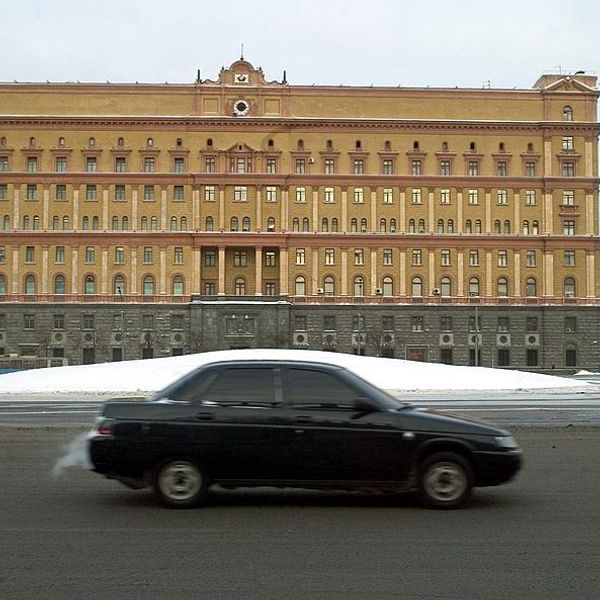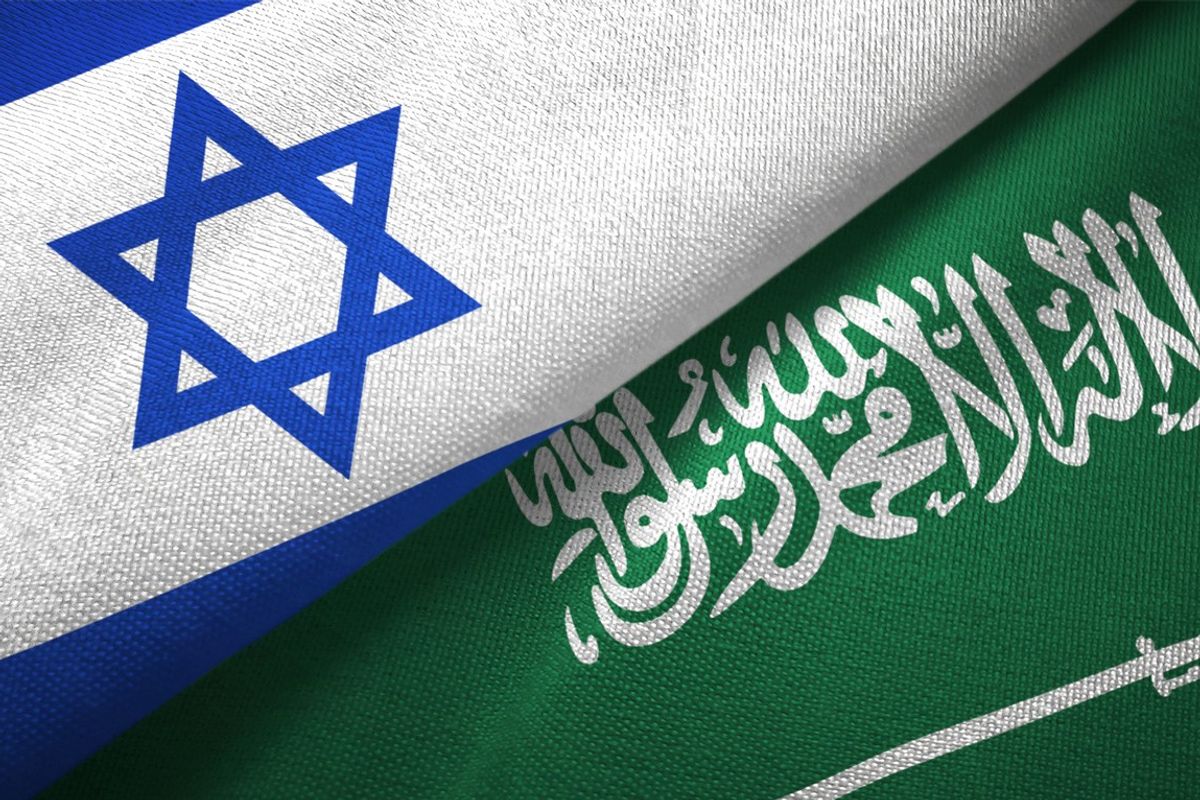Bottom Line Up Front
- Since April, Houthi rebels have conducted at least ten separate missile or drone strikes on Saudi targets, including airports, oil pipelines, and other energy infrastructure.
- Despite boasting the world’s third largest military budget, the Saudis’ Patriot missile-defense system has performed inconsistently in the face of mounting Houthi attacks.
- Since the beginning of the war in Yemen, Iran has increased its support for Houthi rebels in both the quantity and quality of the weapons it provides.
- As tensions in the region escalate, Iran will continue to rely on its network of proxy and militia groups to strike out against its adversaries, including the U.S. and Saudi Arabia.
As the conflict drags on in Yemen, Houthi rebels backed by Iran have stepped up their campaign to pressure Saudi Arabia. Since April, the rebels have conducted at least ten separate missile or drone strikes on Saudi targets, including airports, oil pipelines, and other energy infrastructure. An attack last week involved several drones that crashed into the parking area of the Abha airport in Saudi Arabia. That attack killed a Syrian national and wounded seven other people. The Houthis claimed responsibility for the attack, with spokesman Yahia al-Sarienoting that the rebels had deployed drones against the airports in Abha as well as Jizan. A June 13 cruise missile strike by the Houthis against the same airport in Abha injured 26 people. Despite boasting the world’s third largest military budget, the Saudi’s Patriot missile-defense system has performed inconsistently in the face of mounting Houthi attacks.
These attacks are another sign that the war in Yemen is nowhere near an end. Moreover, the recent escalation has demonstrated that Iran views the Houthis as a valuable asset through which it can conduct proxy warfare, as tensions continue to rise in the Persian Gulf. Ironically, in what could accurately be described as a self-fulfilling prophecy, Riyadh claimed that substantial Iranian military support to the Houthis in Yemen was its raison d’etre for its intervention there. While it is true that when the Saudi-led coalition first began operations in Yemen, Iran provided some support to the Houthis, over the past several years the level and degree of that support has increased dramatically. Far from countering Iranian influence in Yemen, then, the war has amplified it.This is part of Iran’s traditional playbook, part of which is supplying its network of proxies and militias with a range of weaponry. A Saudi blockade to deny Iranian weapons shipments to the Houthis has continued to be unsuccessful.
Tensions between Iran and the U.S., as well as with Saudi Arabia and the UAE, are approaching critical levels. During an emergency U.N. Security Council meeting on June 24, Kuwait—which holds the Council’s presidency for June—condemned recent mine attacks against oil tankers in the Gulf of Oman, which Iran is widely suspected of conducting. Kuwait also stressed the need for all parties to exercise ‘maximum restraint’ to avoid greater conflict. Yet as seen in Yemen, that conflict is already escalating, with civilians continuing to pay the price.
The Trump administration supports the Saudi and UAE-led campaign in Yemen, despite increased congressional opposition. Washington views Yemen as one of the front lines in its regional conflict with Iran. The administration’s campaign of ‘maximum pressure’ against Iran has led it to ignore the counterproductive nature of the conflict in Yemen. Trump’s foreign policy has assumed a zero-sum nature with respect to Iran, where any action that American allies take to counter or rollback Iranian influence in the Middle East is considered acceptable, despite what are clearly negative second and third order effects, including widespread poverty, famine, and disease in Yemen.












